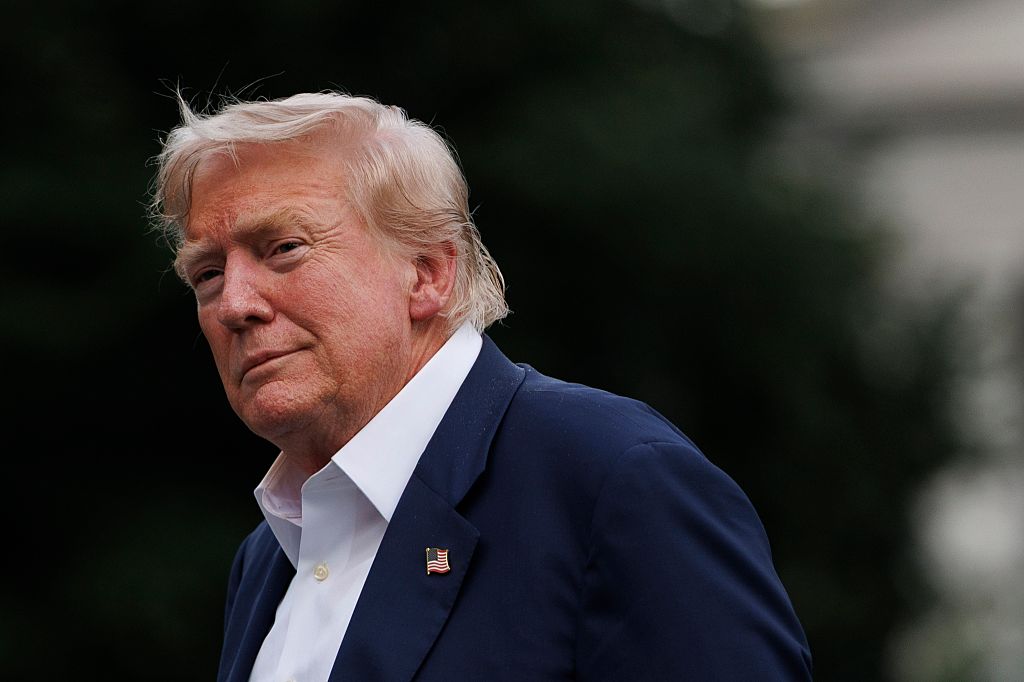WASHINGTON – Donald Trump dampened expectations of a deal with Canada materializing at the last minute as his tariff deadline loomed Thursday — but the U.S. president did give a 90-day deadline delay to Mexico.
In a post on social media early Thursday morning, the president said it will be very hard to make a deal with Canada after Prime Minister Mark Carney announced Wednesday Ottawa intends to recognize a Palestinian state.
Trump previously sent a letter to Carney threatening to impose 35 per cent tariffs if Canada doesn’t make a trade deal by Friday. The White House has said those duties would not apply to goods compliant with the Canada-U.S.-Mexico Agreement on trade, better known as CUSMA.
In a separate social media post, Trump said he spoke with Mexico’s President Claudia Sheinbaum and agreed to extend Mexico’s trade deal deadline because the “complexities of a Deal with Mexico are somewhat different than other Nations because of both the problems, and assets, of the Border.”
Trump’s previous letter to Sheinbaum threatened 30 per cent tariffs. The Thursday post said the current 25 per cent fentanyl-related tariffs, as well as sectoral tariffs on steel, aluminum, copper and automobiles, will remain in place.
“Additionally, Mexico has agreed to immediately terminate its Non Tariff Trade Barriers, of which there were many,” Trump said. “We will be talking to Mexico over the next 90 Days with the goal of signing a Trade Deal somewhere within the 90 Day period of time, or longer.”
While Trump continued to claim in posts on social media that tariffs are making “America GREAT & RICH Again,” the president’s main tool for realigning global trade faces a hurdle in court.
The U.S. Court of Appeals for the Federal Circuit is hearing Thursday from businesses and states that say Trump’s use of a national security statute to implement the duties is beyond his powers as president.
“To all of my great lawyers who have fought so hard to save our Country, good luck in America’s big case today,” Trump said in a social media post. “If our Country was not able to protect itself by using TARIFFS AGAINST TARIFFS, WE WOULD BE ‘DEAD,’ WITH NO CHANCE OF SURVIVAL OR SUCCESS. Thank you for your attention to this matter!”
The U.S. Court of International Trade ruled in May that Trump does not have the authority to wield tariffs on nearly every country through the use of the International Economic Emergency Powers Act of 1977.
The act, usually referred to by the acronym IEEPA, gives the U.S. president authority to control economic transactions after declaring an emergency. No previous president had ever used it for tariffs and the U.S. Constitution reserves power over taxes and tariffs for Congress.
The Trump administration quickly appealed the lower court’s ruling on the so-called “Liberation Day” and fentanyl-related tariffs.
The Trump administration’s lawyer argued in the appeals court Thursday morning that there are still checks and balances on the president’s powers and he has the authority to use the statute to impose duties — despite the fact that word “tariff” is not in IEEPA.
This report by The Canadian Press was first published July 31, 2025.



